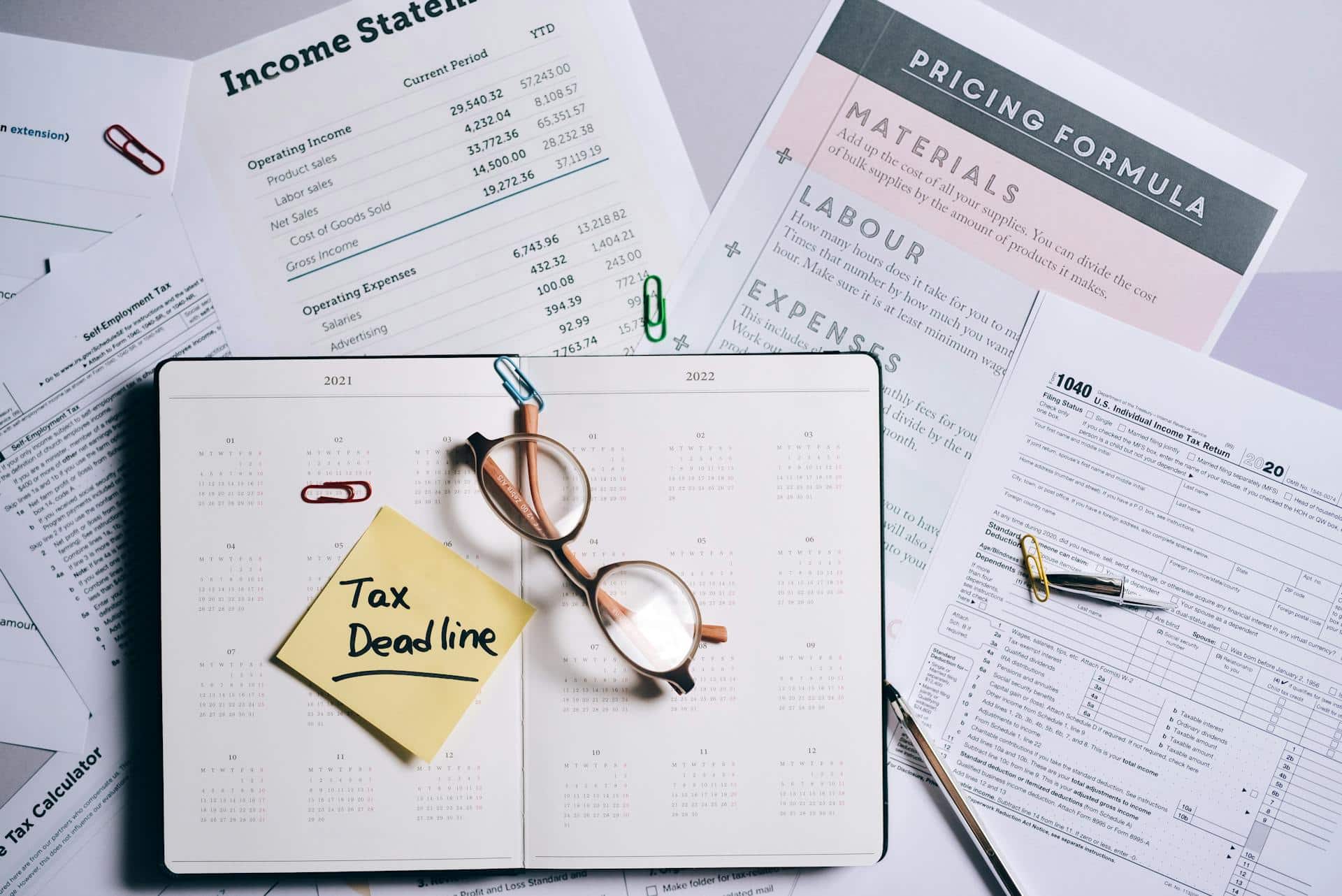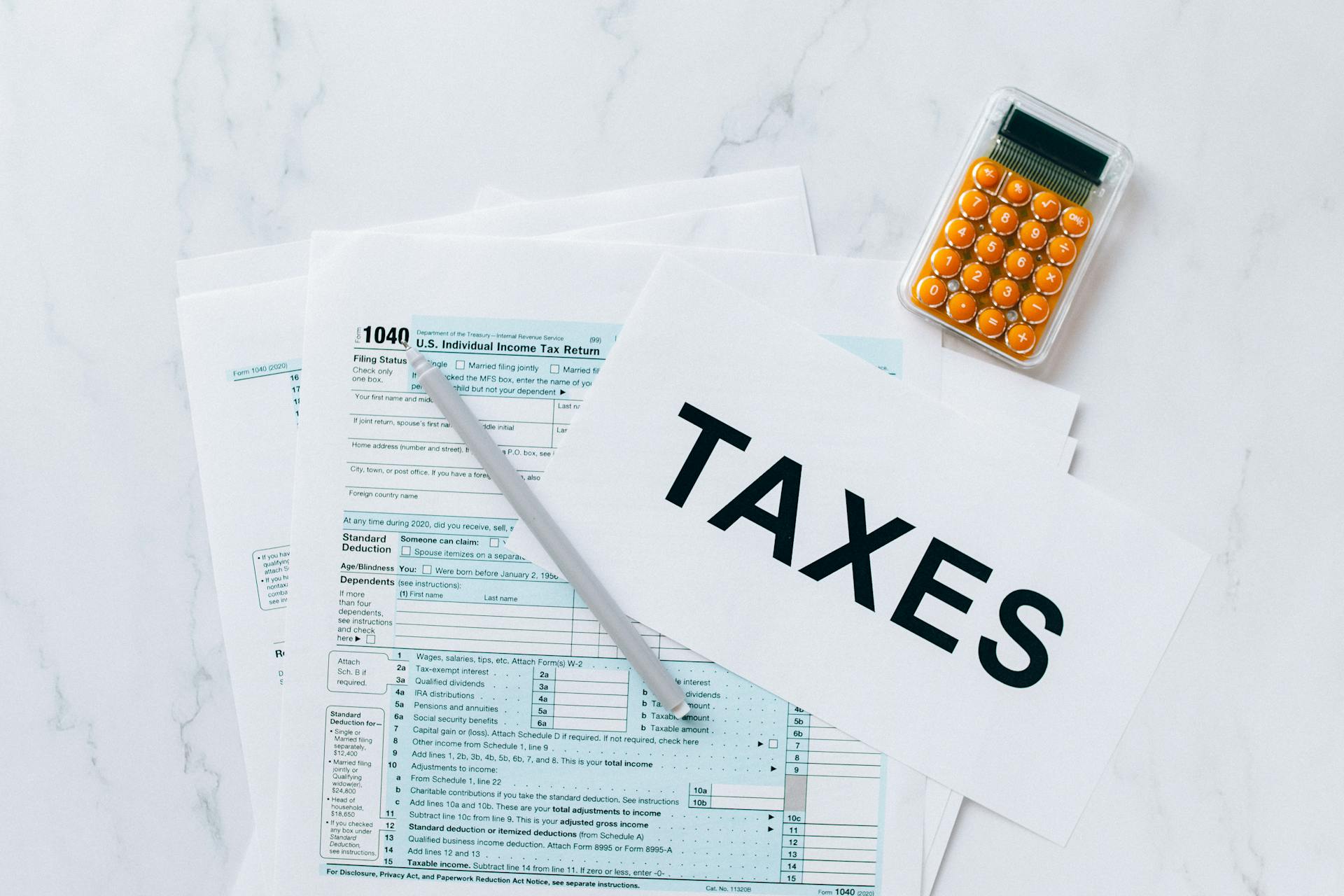Are you concerned about economic uncertainty and wondering how to safeguard your finances during challenging times?
With market volatility and changing economic conditions, many people are asking the same question: how can I safeguard my money and family during a potential recession?
The good news is that preparation is possible, and it doesn’t require being a financial expert. Smart planning today can make all the difference tomorrow.
Build Your Emergency Fund First
Your emergency fund is your financial lifeline during tough times. This isn’t just extra money – it’s your safety net when unexpected expenses hit or income drops.
How much should you save?
- Start with $1,000 if you’re just beginning
- Aim for 3-6 months of living expenses
- If your job is unstable, consider 6-12 months
Where to keep your emergency fund:
- High-yield savings account
- Money market account
- Short-term CDs (certificates of deposit)
The key is keeping this money easily accessible but separate from your daily spending accounts. Don’t invest emergency funds in stocks or risky assets – you need this money to be there when you need it.
Create Multiple Income Streams

Relying on one source of income can be risky during economic downturns. Diversifying your income helps protect you if you lose your main job.
Popular side income ideas include freelance work in your area of expertise, online tutoring or teaching, selling products online, part-time consulting, and earning rental income from property or spare rooms.
Start building these income streams before you need them. Even an extra $200-$ 500 per month can make a significant difference during tough times.
Smart Debt Management Strategies
During a recession, debt becomes more dangerous. High-interest debt can quickly spiral out of control when money gets tight.
Priority debt payoff order:
- Credit cards (highest interest rates first)
- Personal loans (typically high interest)
- Auto loans (moderate interest)
- Mortgages (usually lowest rates)
Consider the debt avalanche method: pay the minimum on all debts, then allocate extra money toward the debt with the highest interest rate first.
Avoid common debt mistakes like taking on unnecessary new debt and only making minimum payments. Also, don’t use home equity for non-essential purchases.
Cut Expenses Without Sacrificing Quality of Life
Reducing expenses doesn’t mean living miserably. It’s about being intentional with your spending and finding areas to trim without affecting what matters most.
Start by canceling unused subscriptions and memberships, cooking more meals at home, shopping with a grocery list, choosing generic brands, and reducing spending on entertainment and dining out.
Additionally, consider negotiating your bills, including insurance premiums, phone and internet plans, credit card interest rates, and utility bills. Ask about options like budget billing to lower your costs.
Many companies offer loyalty discounts or payment plans during tough times – you just need to ask.
Investment Strategies
Don’t let fear drive your investment decisions. History shows that markets recover, and smart investing during downturns can yield significant returns in the long term.
Recession-resistant investment approaches:
| Strategy | Risk Level | Best For |
|---|---|---|
| Dollar-cost averaging | Low-Medium | Consistent investors |
| Dividend-paying stocks | Medium | Income-focused investors |
| Index funds | Low-Medium | Long-term growth |
| Bonds | Low | Conservative investors |
Key principles include avoiding market timing and investing consistently whenever possible. Focus on quality companies and funds, and steer clear of panic selling during market declines.
Remember, recessions are temporary, but your long-term investment goals remain the same.
Protect Your Job and Career

Your income is your most valuable asset. Protecting and improving your earning potential should be a top priority when preparing for economic uncertainty.
Ways to strengthen your job security:
- Develop in-demand skills through training
- Build strong relationships with colleagues and managers
- Stay updated on industry trends
- Network within and outside your company
Skills that remain valuable during recessions:
- Technology and digital skills
- Healthcare and essential services
- Financial management and accounting
- Sales and customer service
Consider obtaining certifications or additional training in areas that enhance your value to employers.
Review and Adjust Your Insurance Coverage

Proper insurance protects you from financial disasters that could wipe out years of savings. During uncertain times, having the right coverage becomes even more critical.
Reviewing your insurance coverage is essential during uncertain times. Start with health insurance, disability insurance, life insurance, auto insurance, and homeowner or renters insurance.
Look for ways to save on premiums without sacrificing essential coverage. Higher deductibles often mean lower monthly costs.
Plan for Different Economic Scenarios
Preparing for a recession involves considering various scenarios and having contingency plans for each potential situation.
Scenario planning questions:
- What if you lose 25% of your income?
- What if your expenses increase by 15%?
- What if you lose your job for 6 months?
- What if home values drop significantly?
Create action plans for each scenario. Knowing what you’d do in advance reduces stress and helps you make better decisions under pressure.
Conclusion
Learning how to prepare for a recession doesn’t require dramatic lifestyle changes or financial expertise. It’s about taking practical steps today to build resilience for tomorrow.
Start with an emergency fund, diversify your income streams, manage debt wisely, and make thoughtful cuts to your expenses.
Remember that economic downturns are temporary, but the financial habits you build during preparation will serve you well for life.
The key is starting now, even if you can only take small steps. Every dollar saved and every skill developed makes you stronger and more prepared for whatever economic challenges may come.
For more insights on the economy, check our website.






































